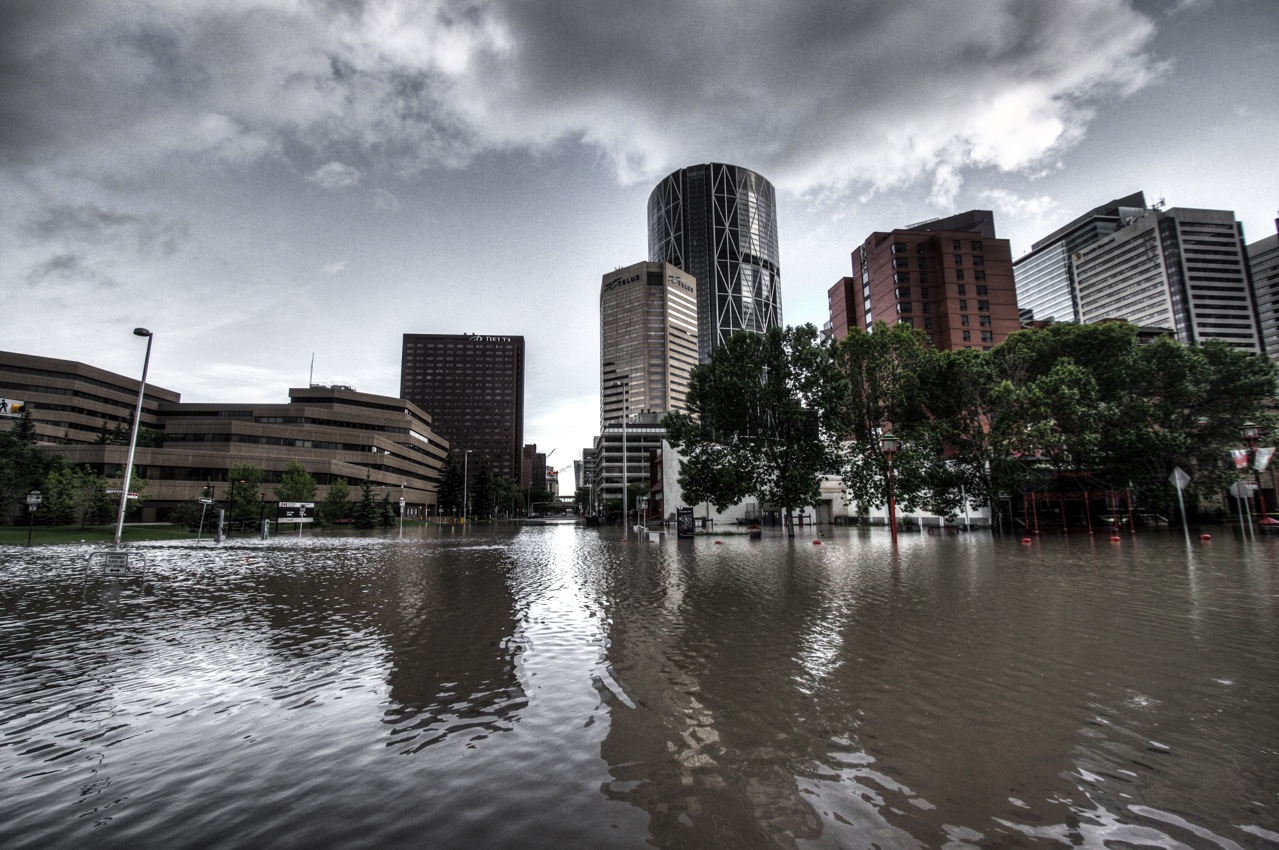With the release of the 2015 Canadian Water Attitudes Study on March 24, RBC and GlobeScan hosted a webinar on March 25 examining some of the study’s most intriguing insights. The webinar included commentary from GlobeScan co-CEO Chris Coulter, RBC’s Lynn Patterson, Canadian Water and Wastewater Association executive director Robert Haller, and Bob Sandford, chair of the Canadian Partnership Initiative UN Water for Life Decade.
The webinar addressed four areas of interest covered in the study—Public Views of Drinking Water, the Infrastructure Knowledge Gap, Experiences around Flooding, and the Emotional Toll of Flooding—before concluding with a question and answer period.
The Public Views of Drinking Water presentation made it clear that Canadians do, in fact, hold their water in high esteem. Sandford noted that “Canadians continue to view fresh water as their most important natural resource,” and the survey results showed that a majority are confident in the quality of the tap water in their homes.
With nearly 90 per cent of respondents expressing confidence in their drinking water, the cities of Calgary and Halifax received the highest marks from their citizens. On the other end of the spectrum, only 79 per cent of Winnipeggers, after a long-standing struggle with brown tap water, expressed confidence in their system.
Other data presented in the webinar showed that while Canadians would rather see funding put toward water systems than hockey rinks, the majority would prefer not to pay more tax dollars for upgraded drinking water, wastewater, or stormwater infrastructure. This may be due, in part, to the fact that the Canadian public has limited knowledge of the condition of their water infrastructure or their susceptibility to flooding or droughts.
A new addition to this year’s survey was questioning around the emotional toll that flooding can have on those affected by it. One set of findings showed that 46 per cent of Canadians who have experienced flooding worry every time it rains or snows that the house could flood again, and 36 per cent found emotional distress lasted well after their home was damaged.
The full 2015 RBC Canadian Water Attitudes Study is available for download now at http://www.rbc.com/community-sustainability/environment/rbc-blue-water/water-attitude-study.html










The trust is on to privatize water. 5 years ago a farmer in Peace River was told he did not own the water in his dug out and its all down hill since Harper got in.
http://albertathedetails.blogspot top 4 articles deal with the export of water from the Peace River through the Weatherford project. The RBC holds several large bulk water export permits from the Conservative Government!
Harper, 3 times in front of the UN denied that water was of a human necessity!
The trust is on to privatize water. 5 years ago a farmer in Peace River was told he did not own the water in his dug out and its all down hill since Harper got in.
http://albertathedetails.blogspot top 4 articles deal with the export of water from the Peace River through the Weatherford project. The RBC holds several large bulk water export permits from the Conservative Government!
Harper, 3 times in front of the UN denied that water was of a human necessity!